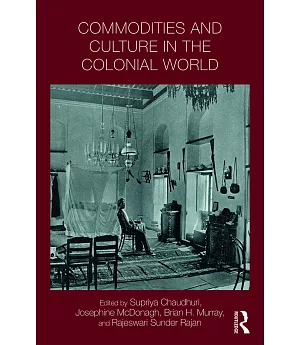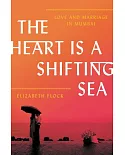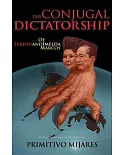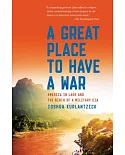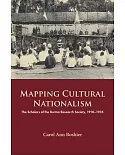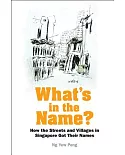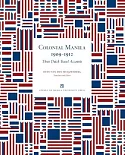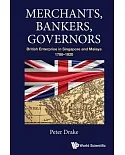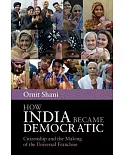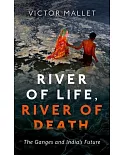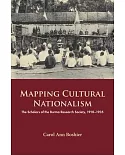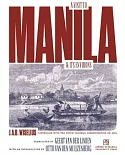Commodity culture and colonialism are intimately related and mutually constitutive. The desire for commodities drove colonial expansion, at the same time that colonial expansion fuelled
technological invention, created new markets for goods, displaced populations, and transformed local and indigenous cultures in dramatic and often violent ways. Contemporary interest in the
object and its affective regimes has intensified following the recent ‘material turn’ in literary and cultural studies.
This book analyses the transformation of local cultures in the context of global interaction in the period 1851-1914. It also demonstrates methodologies and theoretical approaches that this
field of study has generated, and puts these into practise in the case studies presented. Chapters by experts in the field are based on a variety of theoretical, empirical and disciplinary
approaches, while addressing a broad range of commodities, texts, and regions.
An integrated, coherent and urgent response to a number of key debates in postcolonial studies, Victorian studies, world literature and imperial history, this book will be of interest to
researchers with an interest in migration, commodity culture, colonial history, transnational networks of print and ideas, world literature, imperial history, postcolonial theory,
globalisation and empire writing.

